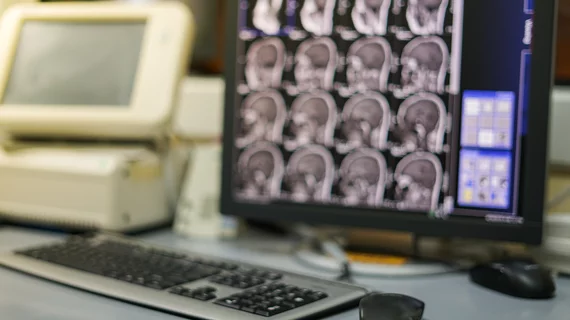University neuro experts receive millions for MRI-based study into Parkinson’s
The University of Florida has received millions in grant funding to spearhead an artificial intelligence study geared toward better diagnosing patients with Parkinson’s disease and other related disorders.
Parkinson’s can be difficult to differentiate from neurodegenerative disorders such as multiple system atrophy Parkinsonian variants and progressive supranuclear palsy, due to their similar side effects. But each also has distinct differences. And it’s crucial to accurately diagnose patients for proper treatment and therapeutic research.
With a $5 million grant from the National Institutes of Health, Gainesville, Florida, researchers will try to do just that. They’ll use a new AI tool on MRI scans from 315 patients across 21 institutions in the U.S. and Canada.
“This project is a huge step forward as, if successful, we will have developed a reliable marker for different forms of Parkinsonism,” Michael Okun, MD, chair of UF’s Department of Neurology, said in a statement. “We will be able to use this marker to test new therapies stuck in the development pipeline.”
Their efforts build upon decades of UF research. Specifically, a noninvasive biomarker method developed using diffusion-weighted MRI. The novel technique measures how water molecules spread out in the brain to spot areas of neurodegeneration, which was detailed in a 2019 Lancet Digital Health study.
For this new endeavor, Okun and co-investigators will test AI within a large North American network of Phase 2 and Phase 3 clinical trials evaluating Parkinson’s disease variants.
Doctors across the 21 organizations will upload MRI scans from baseline patient visits and the AI tool will make its own diagnosis and check if it matches the clinician’s conclusions. At the same time, neurologists will assess patient videos to enhance the findings.
Eighteen months later, participants will be reevaluated to confirm their diagnoses, UF said in a statement.
The team is set to begin recruiting patients this summer and will continue for two years. Eventually, they hope to gain U.S. Food and Drug Administration approval for their tool.
“The goal is that clinical trials will be better because they will focus on specific variants,” said co-principal investigator David Vaillancourt, PhD, chair of the UF College of Health & Human Performance’s Department of Applied Physiology and Kinesiology. "Patients will be able to know their diagnosis earlier.”

